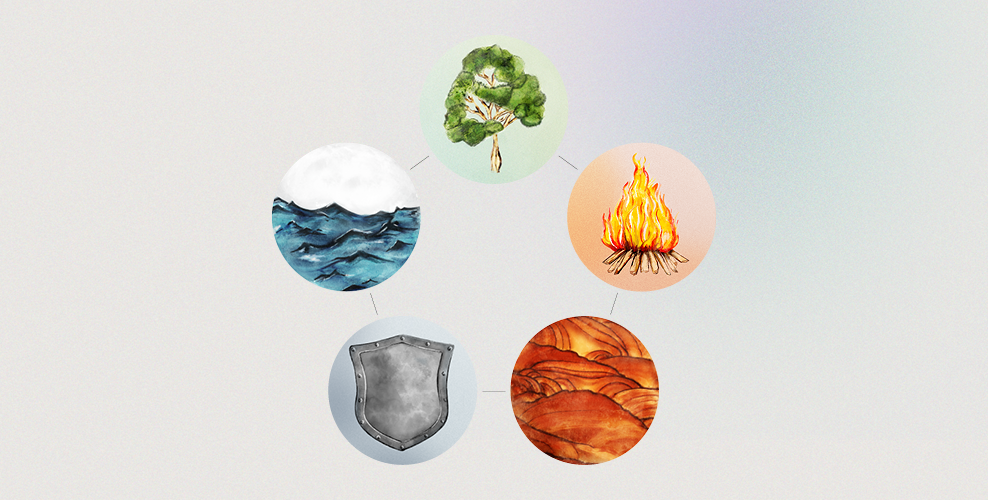Mental health is a crucial aspect of overall well-being, and Traditional Chinese Medicine (TCM) offers a comprehensive approach to promoting mental wellness. In TCM, mental health is seen as an integral part of overall health, emphasizing the balance of emotions, harmonious energy flow, and the cultivation of a calm and clear mind. In this article, we explore how Chinese Medicine approaches mental health and provides natural strategies for balancing emotions and nurturing the mind.
Understanding Emotions in TCM:
In TCM, emotions are viewed as an integral part of the human experience and are considered closely tied to organ systems and energetic imbalances. Each emotion corresponds to a specific organ, and the excess or prolonged experience of emotions can impact the flow of Qi (vital energy) and disrupt overall well-being. Balancing emotions is essential for maintaining mental health and preventing the development of physical ailments.
Natural Strategies for Balancing Emotions and Nurturing the Mind:
- Acupuncture: Acupuncture is a key therapeutic modality in TCM that involves the insertion of thin needles into specific points along the body’s meridians. It can help regulate the flow of Qi, alleviate energetic blockages, and promote emotional balance. Acupuncture sessions are tailored to the individual’s specific needs, targeting specific meridians and organs associated with emotional imbalances.
- Herbal Medicine: TCM utilizes a wide range of herbs with properties that can help balance emotions and support mental well-being. Herbal formulas are designed to address specific emotional patterns and underlying energetic imbalances. They are prescribed based on an individual’s constitution and specific symptoms, promoting emotional harmony and supporting mental health.
- Dietary Adjustments: TCM recognizes the influence of diet on mental health. Certain foods can exacerbate or alleviate specific emotional imbalances. For example, excessive consumption of spicy or greasy foods may contribute to irritability, while incorporating foods with cooling properties, such as leafy greens and cucumbers, can help calm the mind. A TCM practitioner can provide personalized dietary recommendations based on an individual’s needs.
- Mind-Body Practices: TCM emphasizes the importance of mind-body practices for nurturing the mind and balancing emotions. Practices such as meditation, mindfulness, Tai Chi, and Qigong help calm the mind, cultivate present-moment awareness, and promote emotional balance. Regular practice can enhance mental clarity, reduce stress, and support overall well-being.
- Lifestyle Modifications: TCM recognizes the impact of lifestyle factors on mental health. Maintaining a balanced lifestyle, including regular sleep patterns, adequate rest, and engaging in activities that bring joy and relaxation, can contribute to emotional balance. Managing stress, fostering positive relationships, and engaging in creative outlets can also support mental well-being.
- Seeking Support: It is important to seek support from qualified TCM practitioners or mental health professionals to address specific mental health concerns. They can provide personalized guidance, offer appropriate treatments, and create individualized plans for mental health support.

Chinese Medicine offers a holistic approach to mental health by addressing the balance of emotions, promoting harmonious energy flow, and nurturing the mind. Through acupuncture, herbal medicine, dietary adjustments, mind-body practices, lifestyle modifications, and seeking professional support, individuals can cultivate emotional balance, enhance mental well-being, and support their overall health. By embracing the principles of Chinese Medicine, we can foster a state of calmness, clarity, and emotional harmony in our lives.









